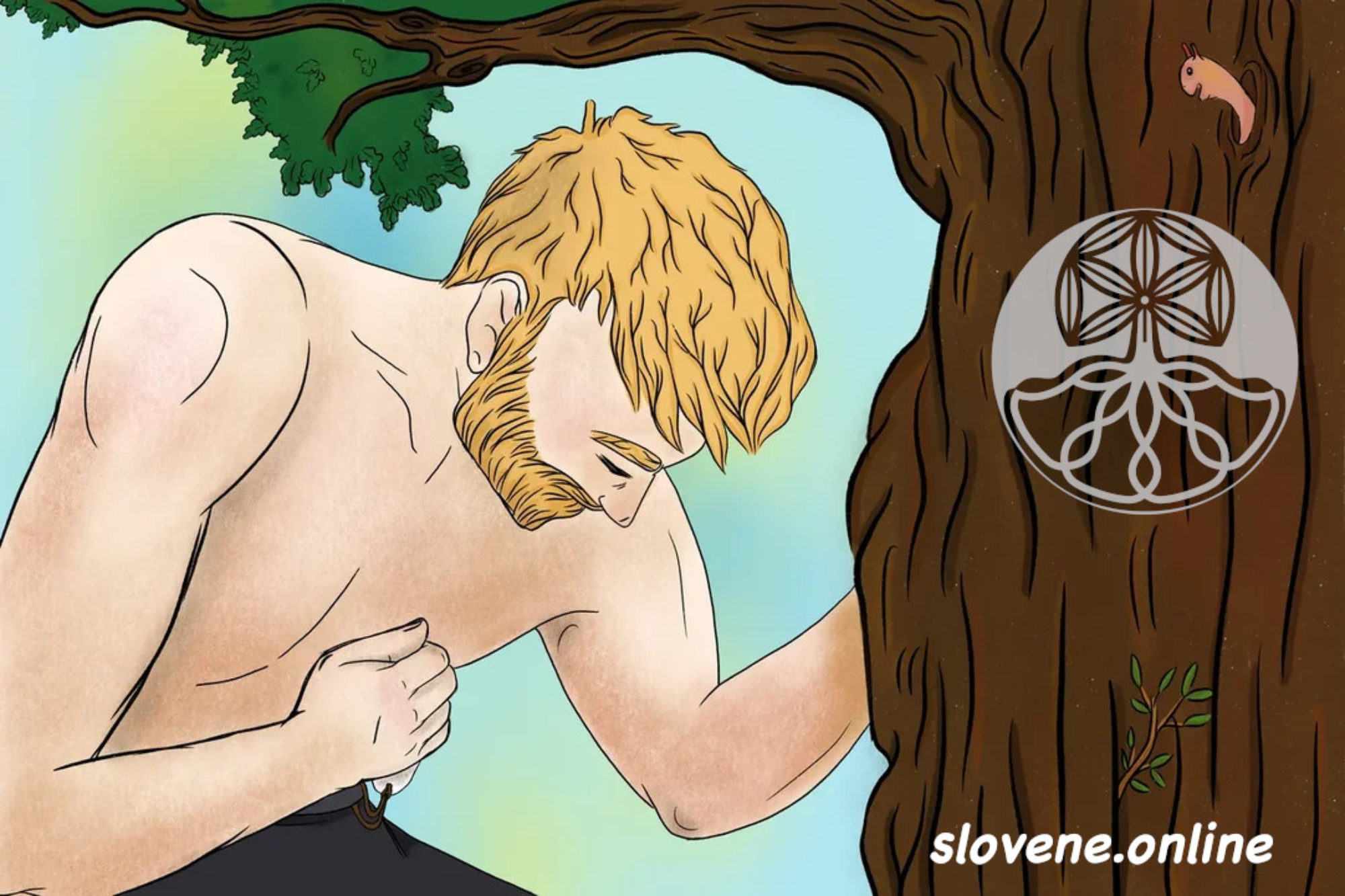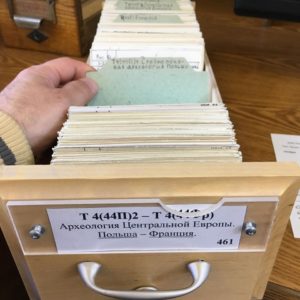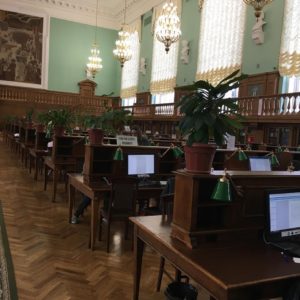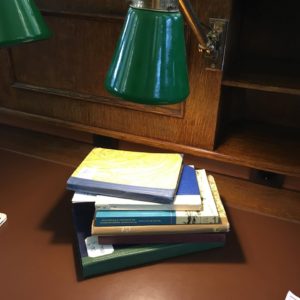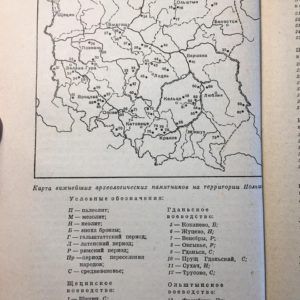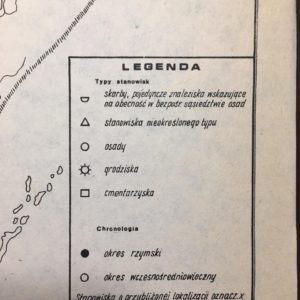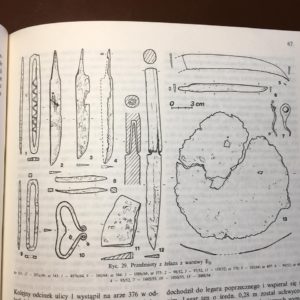As a conclusion of a series of posts about the “Maurice’s Strategikon”, see below a note on the famous Slavic hospitality 😀🎂🍽🥂, as well as the ancient art of disguise, which the author considered important and necessary to mention.
ꏍ
“They are kind and hospitable to travelers in their country and conduct them safely from one place to another, wherever they wish. If the stranger should suffer some harm because of his host’s negligence, the one who first commended him will wage war against that host, regarding vengeance for the stranger as a religious duty.”
ꏍ
“Their experience in crossing rivers surpasses that of all other men, and they are extremely good at spending a lot of time in the water. Often enough when they are in their own country and are caught by surprise and in a tight spot, they dive to the bottom of a body of water. There they take long, hollow reeds they have prepared for such a situation and hold them in their mouths, the reeds extending to the surface of the water. Lying on their backs on the bottom they breathe through them and hold out for many hours without anyone suspecting where they are. An inexperienced person who notices the reeds from above would simply think they were growing there in the water.”
ꏍ
For more interesting facts refer to the source: “Maurice’s Strategikon: Handbook of Byzantine Military Strategy”, University of Pennsylvania Press, 2001
ꏍ
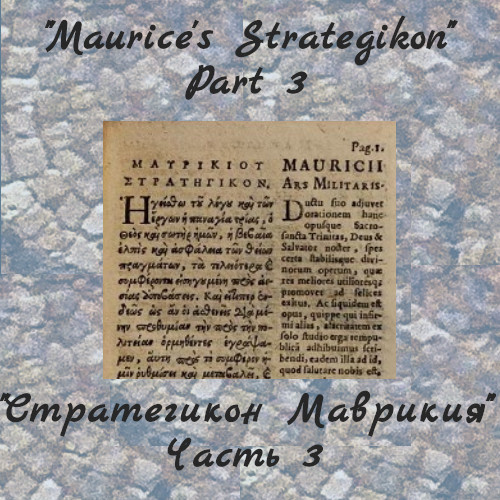
The “Maurice’s Strategikon” – Part 2
While reading the “Maurice’s Strategikon”, one experiences conflicting feelings: from pride in our ancestors to bewilderment – how far have we gone in our consciousness development from the ancient Slavs in some areas. What do you think?
ꏍ
“When a difference of opinion prevails among them, either they come to no agreement at all or when some of them do come to an agreement, the others quickly go against what was decided. They are always at odds with each other, and nobody is willing to yield to another.”
ꏍ
“Since there are many kings among them always at odds with one another, it is not difficult to win over some of them by persuasion or by gifts, especially those in areas closer to the border, and then to attack the others, so that their common hostility will not make them united or bring them together under one ruler.”
ꏍ
This resembles the phrase “Divide et impera” (“Divide and rule”) – a principle that was very effectively applied first by the Roman and then by the Byzantine empires…
ꏍ
To be continued…
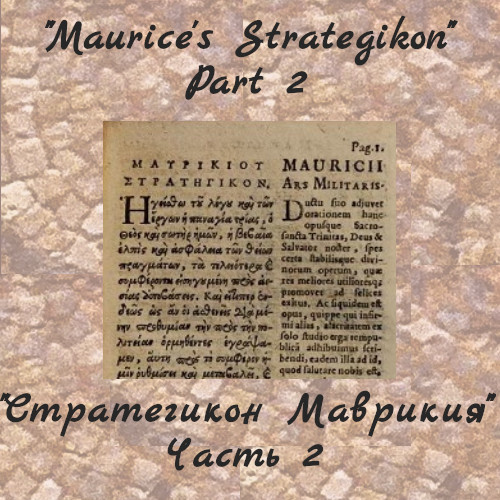
The “Maurice’s Strategikon” – Part 1
The “Maurice’s Strategikon” is one of the earliest sources about the Slavs. The creation of this Byzantine military handbook is attributed to the emperor of Mauritius in the late 6th – early 7th centuries.
ꏍ
The ” Strategikon ” pays much more attention to the Slavs than to other nations and considers them as a strong military enemy of the empire. First of all, it talks about the tribes that lived on the northern bank of the Danube. From this source, we can learn a lot of interesting facts about our Slavic ancestors.
ꏍ
“The nations of the Slavs and the Antes live in the same way and have the same customs. They are both independent, absolutely refusing to be enslaved or governed, least of all in their own land. They are populous and hardy, bearing readily heat, cold, rain, nakedness, and scarcity of provisions.”
ꏍ
“They do not keep those who are in captivity among them in perpetual slavery, as do other nations. But they set a definite period of time for them and then give them the choice either, if they so desire, to return to their own homes with a small recompense or to remain there as free men and friends.”
ꏍ
To be continued…
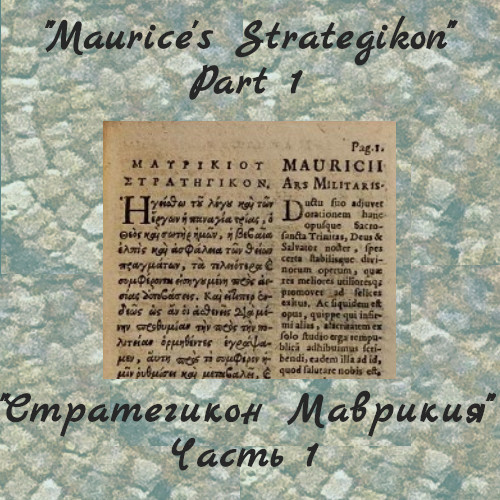
Comics geography – Poleski and Roztoczański parks
Poleski Park Narodowy and Roztoczański Park Narodowy – beautiful national parks in the modern day Poland. Take a glimpse of how this region looked like at the times when our illustrated story takes place: the first in a series of stories about the life of Slavic tribes during the Early Medieval times.
